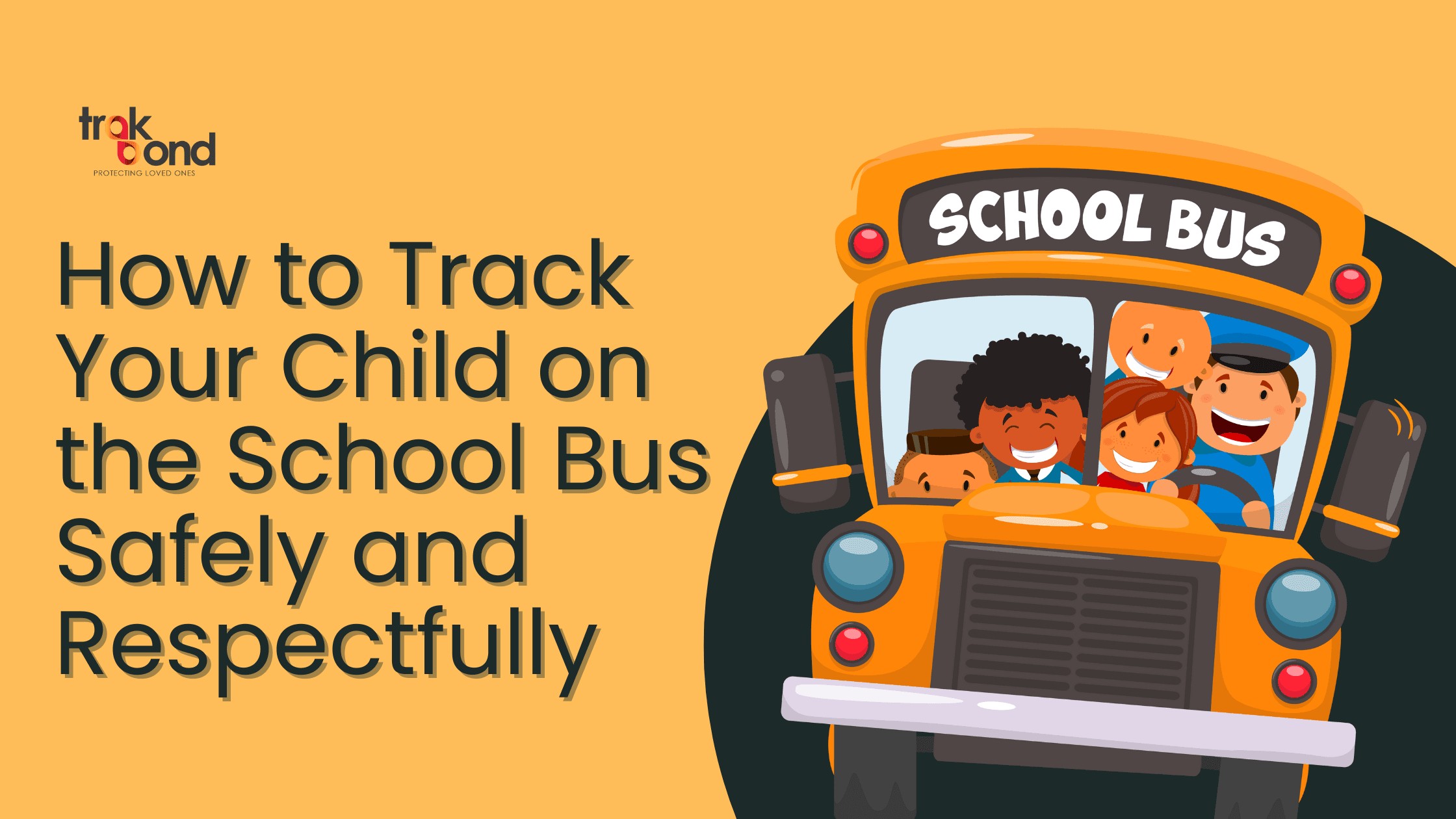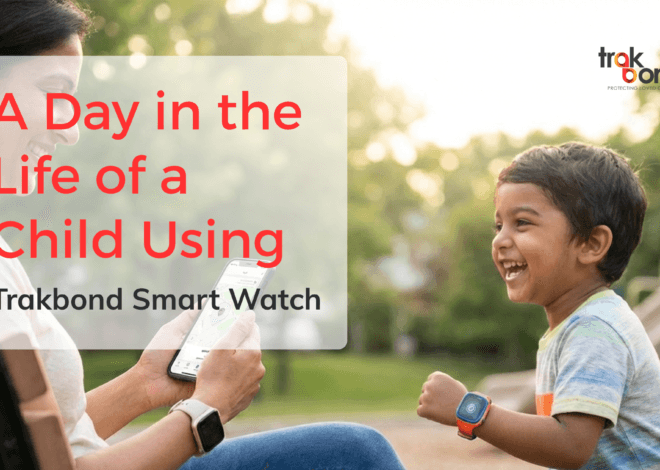
How to Track Your Child on the School Bus Safely and Respectfully
For many parents, the school bus ride is one of the most stressful parts of the day. Until children arrive safely at school or return home, parents are left wondering about their safety. Thankfully, modern technology makes it possible to monitor your child’s journey in real time. With tools like a GPS tracker for kids’ school bus, you can ensure your child is safe while still respecting their independence.
In this guide, we’ll explore why school bus tracking is important, how it works, and what parents should keep in mind to ensure child safety without overstepping boundaries.
Why Tracking the School Bus Matters
Every parent wants peace of mind when their child steps onto the school bus. But safety concerns go beyond just the drive itself. Here are some common worries:
- Delays and long wait times: Parents often don’t know when the bus will arrive, which can lead to children waiting unsupervised.
- Uncertain routes: Without real-time updates, it’s difficult to know if the bus is taking the correct route.
- Emergency situations: If the bus breaks down or there’s an accident, parents want immediate updates.
A track school bus child safety system addresses these concerns by providing transparency, real-time updates, and reliable communication between schools, drivers, and parents.
How GPS Tracking on School Buses Works
Most schools today use GPS tracker systems for kids’ school buses that allow parents to monitor the journey directly from their smartphones. Here’s how the process works:
- Installation of GPS Devices: A GPS device is installed on the bus to monitor its location and speed.
- Integration with Apps: Parents can download a dedicated school bus tracking app that syncs with the GPS system.
- Real-Time Updates: The app sends notifications when the bus leaves school, approaches the bus stop, or arrives at its destination.
- Emergency Alerts: In case of breakdowns or delays, parents receive instant notifications.
This technology ensures parents always know where the bus is and when their child will reach school or home.
Benefits of Tracking Your Child on the School Bus
Using a GPS tracker for kids’ school bus offers benefits for both parents and children:
1. Enhanced Safety
Parents can monitor the bus’s movement and ensure it sticks to its designated route.
2. Peace of Mind
No more anxious waiting at the bus stop. Parents can time their arrival based on real-time notifications.
3. Better Time Management
Tracking helps parents plan their mornings and evenings without uncertainty.
4. Quick Emergency Response
If the bus is delayed, diverted, or in trouble, parents and schools can respond faster.
5. Child Comfort
Children feel more secure knowing their parents are aware of their journey.
How to Track Safely and Respectfully
While technology makes it easy to monitor your child’s school bus ride, it’s equally important to do so responsibly. Here are some tips:
1. Use School-Approved Tracking Systems
Always rely on school-provided GPS tracking apps or services to avoid privacy concerns.
2. Respect Privacy
Remember that the goal is to track the bus journey—not your child’s every move. Avoid using devices that invade personal space unnecessarily.
3. Educate Your Child
Explain to your child why tracking is important for their safety. This helps build trust rather than resistance.
4. Stay Balanced
Don’t become overly reliant on tracking. Encourage independence by allowing older children to manage their routines responsibly.
5. Work with the School
Communicate with the school administration about how the system works and clarify any concerns you may have.
Features to Look for in a School Bus GPS Tracking System
Not all GPS trackers are created equal. When evaluating options, ensure the system offers:
- Real-time tracking with precise location updates
- Route history for transparency and accountability
- Notifications and alerts for pickup and drop-off
- Speed monitoring to ensure safe driving
- Parent access via mobile apps for convenience
- Emergency communication features
These features ensure maximum safety while keeping the system user-friendly.
Best Practices for Parents
To get the most out of a track school bus child safety system, here are some practical tips:
- Download and test the app before the school year begins.
- Set up alerts to avoid missing notifications.
- Teach children punctuality by showing them how tracking works.
- Stay informed about updates or changes in the school’s bus tracking system.
By following these practices, you’ll gain peace of mind while also empowering your child to understand the importance of safe travel.
Common Misconceptions About Bus Tracking
❌ “Tracking invades my child’s privacy.”
Truth: Bus tracking systems are designed to monitor the bus, not the individual child’s activities.
❌ “It’s too complicated for parents to use.”
Truth: Most systems come with user-friendly apps and simple interfaces.
❌ “Only big schools offer this technology.”
Truth: Many schools, big and small, now invest in GPS tracking for safety.
Final Thoughts
Ensuring children’s safety during school bus rides is a top priority for every parent. Thanks to technology, using a GPS tracker for kids’ school bus provides a balance of safety, peace of mind, and efficiency. By adopting respectful practices and working closely with schools, parents can confidently track their child’s bus journey without compromising trust.
Safe, transparent, and respectful tracking is not just about convenience—it’s about building a safer school experience for every child.
FAQs on Tracking Your Child on the School Bus
Q1: Is using a GPS tracker for the school bus safe?
Ans: Yes. GPS systems are designed to track the bus route, not individual children, making them a safe option for parents.
Q2: Can I track my child directly using a wearable GPS device?
Ans:
While wearables exist, it’s better to use track school bus child safety systems provided by the school to maintain privacy.
Q3: Will I get alerts if the bus is delayed?
Ans:
Most GPS tracking apps send instant notifications about delays, breakdowns, or route changes.
Q4: Do schools need special permission to install bus trackers?
Ans:
Yes, schools usually inform parents and get approvals before implementing such systems.
Q5: What if my child changes buses or routes?
Ans:
The system updates automatically, and parents receive information on the new route or bus details.



